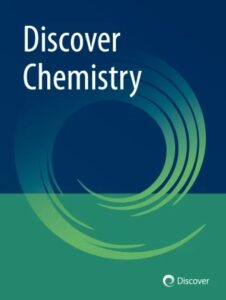
Questo sito utilizza cookie tecnici e di profilazione.
Puoi accettare, rifiutare o personalizzare i cookie premendo i pulsanti desiderati.
Chiudendo questa informativa continuerai senza accettare.
Impostazioni privacy
Questo sito utilizza i cookie per migliorare la tua esperienza di navigazione su questo sito.
Visualizza la Cookie Policy Visualizza l'Informativa Privacy
Vimeo è un servizio di visualizzazione di contenuti video gestito da Vimeo, LLC. Questo servizio serve per integrare tali contenuti nelle proprie pagine.
Luogo del trattamento: Stati Uniti - Privacy Policy
YouTube è un servizio di visualizzazione di contenuti video gestito da Google Ireland Limited e permette a questo Sito Web di integrare tali contenuti all’interno delle proprie pagine.
Questo widget è impostato in modo che YouTube non salvi informazioni e cookie inerenti agli Utenti su questo Sito Web, a meno che non riproducano il video.
Luogo del trattamento: Irlanda - Privacy Policy
Google Maps è un servizio di visualizzazione di mappe gestito da Google Ireland Limited. Questo servizio serve ad integrare tali contenuti all’interno delle proprie pagine.
Luogo del trattamento: Irlanda - Privacy Policy
Gravatar è un servizio di visualizzazione di immagini gestito da Automattic Inc. che permette a Automattic Inc. di integrare tali contenuti all’interno delle proprie pagine.
Luogo del trattamento: Stati Uniti - Privacy Policy